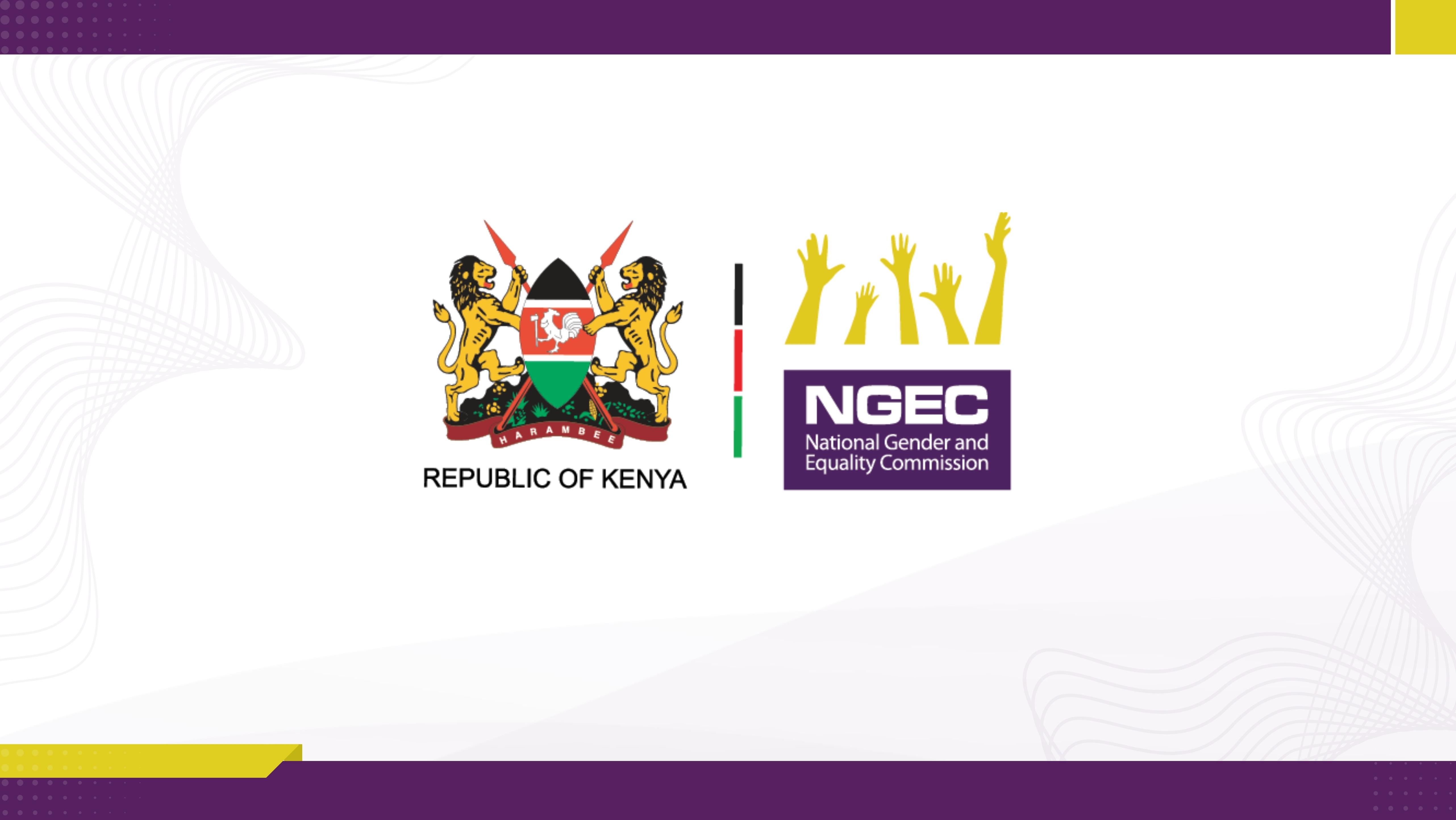Budgeting for the Future: Why Kenya Must Prioritise the Rights of Its Children
As Kenya marks the Day of the African Child 2025, the National Gender and Equality Commission (NGEC) calls for bold reforms in child-responsive budgeting to ensure no child is left behind.
The urgent need to place children at the centre of national and county planning and budgeting. It is a call resonating across the continent as Kenya joins other African nations in commemorating the Day of the African Child 2025 under the theme: “Planning and Budgeting for Children’s Rights: Progress Since 2010.”
In a bold and reflective statement, the National Gender and Equality Commission (NGEC) is challenging the nation to take stock—not only of policies on paper but also of investments that truly transform the lives of children. The Commission’s Chairperson, Hon. Rehema Jaldesa, minced no words: “A country that neglects its children neglects its future.”
Since the turn of the last decade, Kenya has emerged as one of Africa’s leaders in integrating child rights into public planning. Anchored by Article 53 of the 2010 Constitution, which guarantees every child’s right to survival, protection, and development, the nation has woven a progressive legal framework aimed at child-sensitive governance.
A notable milestone is the Children Act, 2022, which established a devolved structure for child care, a national welfare fund, and clear mechanisms for child participation. Equally important, Kenya rolled out the National Plan of Action for Children (2015–2022) and followed it with the National Care Reform Strategy (2022–2032)—pivotal tools guiding the transition from institutional to family-based child care.
Kenya’s journey over the past decade has been marked by important legislative and policy strides. Article 53 of the Constitution of Kenya recognises every child’s right to survival, protection, development, and participation. The enactment of the Children Act, 2022 introduced bold provisions, such as the establishment of the Child Welfare Fund and the decentralisation of child protection services to counties.
Further, public investments in education and healthcare have yielded quantifiable progress. According to government statistics, primary school enrolment rates have consistently stayed above 90%. Child health indicators have also improved, with under-five mortality declining from 73 per 1,000 live births in 2010 to 43 in 2022.
Programmes like the Cash Transfer for Orphans and Vulnerable Children (CT-OVC) have offered a financial lifeline for families in extreme poverty, mitigating the harsh impacts of inequality.
Despite legal frameworks and encouraging numbers, inequality remains a stark reality. Children living in arid and semi-arid lands (ASALs), informal urban settlements, and hard-to-reach rural communities continue to face systemic neglect. For children with disabilities, access to inclusive education and healthcare is still more rhetoric than reality.
Moreover, while the Children Act 2022 is a landmark reform, it is yet to be fully operationalised. Many county child protection systems remain underfunded, overstretched, and lacking proper data systems, making targeted interventions difficult.
“Budget lines may exist, but the actual allocation and expenditure on child-focused programmes remain insufficient,” said Rehema Jaldesa, Chairperson of the National Gender and Equality Commission. “It’s not enough to plan—we must finance, implement, and monitor.”
A budget is more than numbers. It is a reflection of what a society values. As Kenya edges closer to realising its Vision 2030 goals and fulfilling the Sustainable Development Goals (SDGs), ensuring that children are not only seen but factored into planning, financing, and evaluation will be key.
From the dusty plains of Garissa to the bustling streets of Kisumu, every child carries a dream. It is up to us— policymakers, citizens, and institutions—to provide the framework, the funding, and the faith to make those dreams possible.


Comments